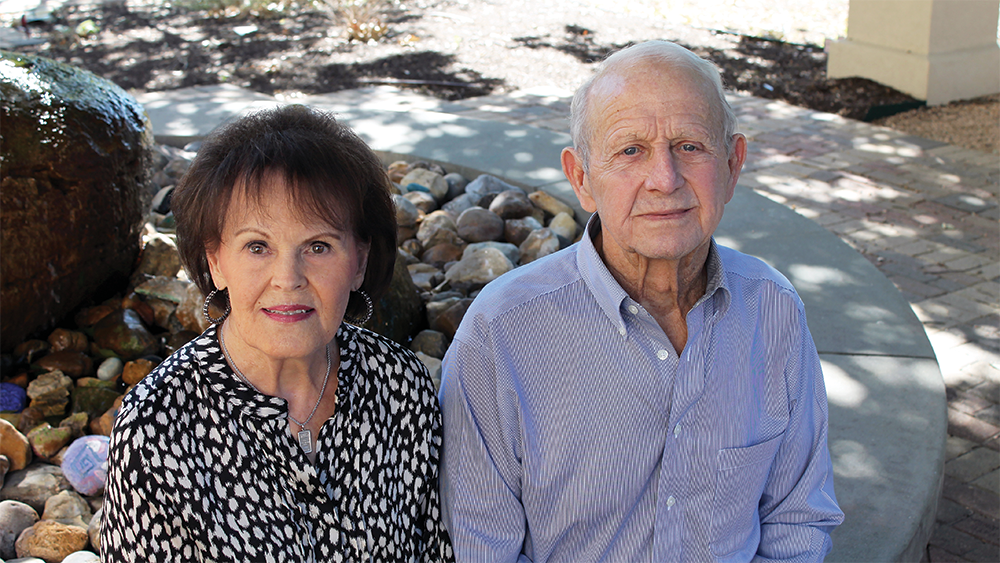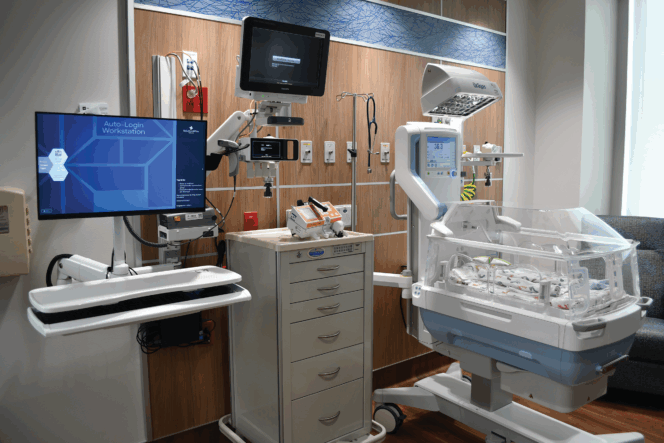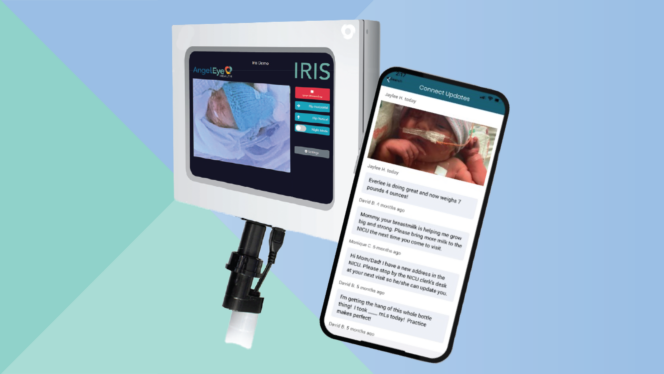For millions of Americans living with severe tricuspid regurgitation (TR), everyday life can be a struggle. Fatigue, swelling and shortness of breath are constant companions, making even the simplest tasks feel exhausting.
Tricuspid regurgitation occurs when the heart’s tricuspid valve fails to close properly, causing blood to flow backward and placing extra strain on the heart. This condition can severely limit a person’s quality of life. Until recently, treatment options were limited and often involved open-heart surgery, which carries significant risks and requires a lengthy recovery.
But now, there’s a beacon of hope for patients in Central Texas. Baylor Scott & White Medical Center – Round Rock is proud to be the first in the region to offer a groundbreaking, minimally invasive treatment for TR, approved by the FDA.
The new procedure allows doctors to replace the failing tricuspid valve with a new one through a small incision in the groin. Guided by ultrasound and X-rays, this minimally invasive approach avoids the need for open-heart surgery. The benefits are substantial: a lower risk of complications and a much shorter recovery time.
Jose Condado Contreras, MD, a cardiologist at Baylor Scott & White – Round Rock, said patients now have several options to treat TR—the new valve replacement procedure, a similar minimally invasive procedure that “clips” the valve to improve blood flow or open-heart surgery.
“There are some patients who do better with one technology than the other,” he said. “But patients who needed this replacement option previously had to travel to places that offered the clinical trial. We’re proud to now offer this for our patients in Central Texas.”







